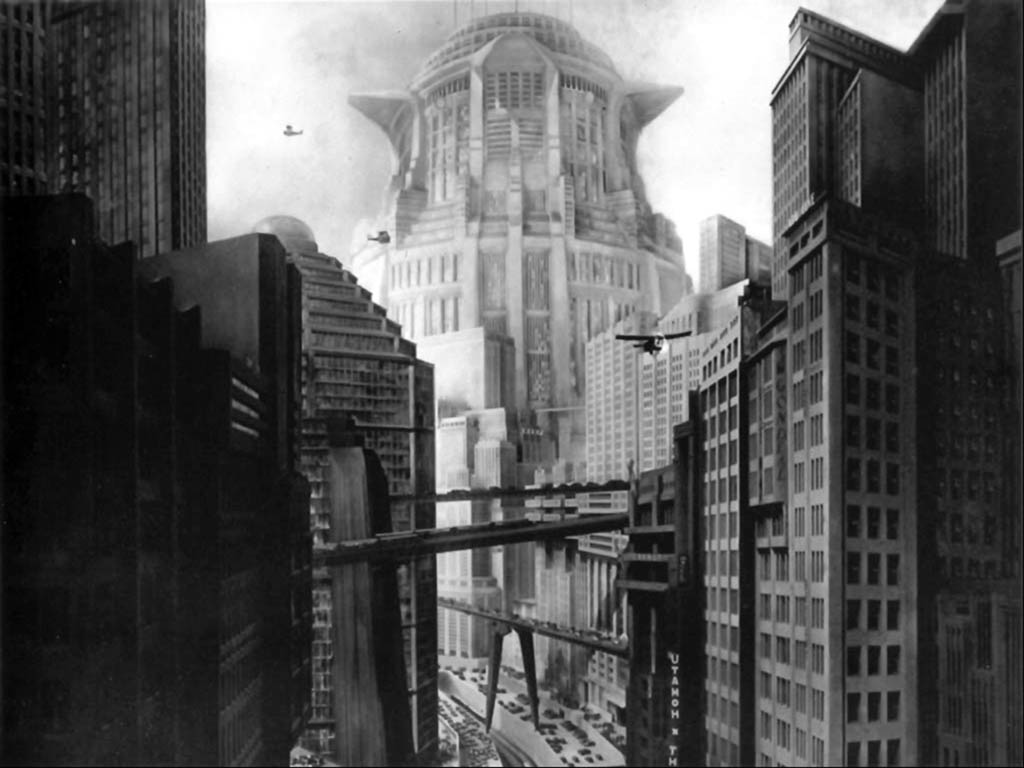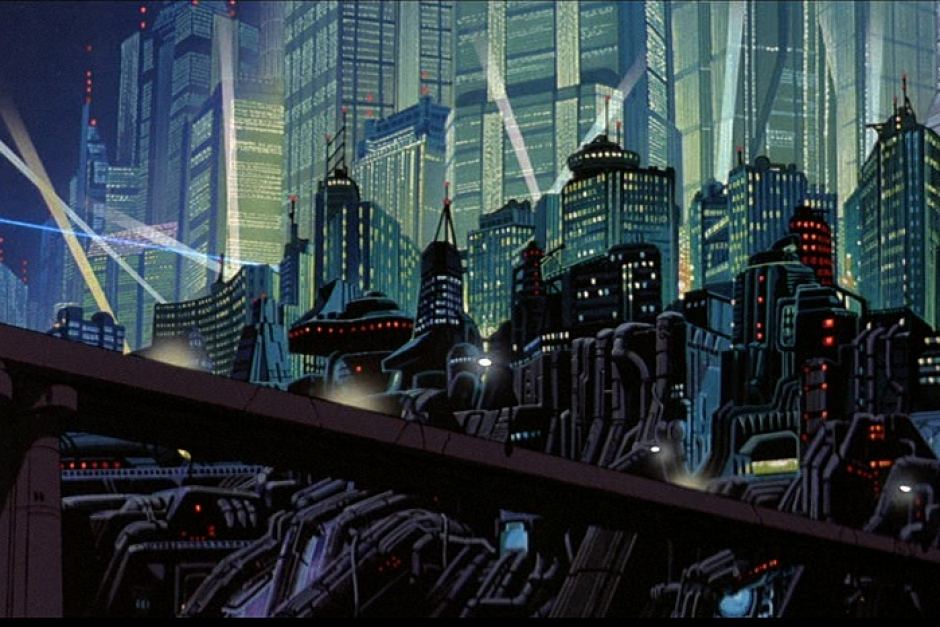The Cinema Pessimism for Cities of the Future
I’ve been watching future films that have big cities as background. My goal was to understand how Hollywood deals with the Smart Cities theme in its futurology.
In fact, it does not deal that much. There is one important exception, yes—much exposure of innovative devices that have come to fruition or not.
Movies that are based on cities in the future are usually very pessimistic about important aspects of Smart Cities such as lifestyle, behavior change, communication or social interaction.
I know that the plots have a very good appeal when they are mirrored in current conflicts, in the fears, challenges, personal dilemmas of all of us. On the other hand we see a good amount of movies that do not refer to the future, but brings constructive, uplifting ideas with happy endings and in harmony.
It is not a question of hiding a society with angels or beings distant from us, but I try to understand why the future of cities is generally so negatively depicted.
To support what I have noticed, I would like to bring examples:
- See “Blade Runner,” which mirrors Los Angeles in 2019 with darkness, prediction to manipulate, illusion and chaos.
- And “Hunger Games”, where a city lives from fights, deaths and exploitation of the weak.
- “Dredd” brings us oppressive Skyscrapers, death and a life inside and outside a wall.

Metropolis Movie - Already the classic of the past about the future—”Metropolis”, deals with the social exploration of classes and a mega-city.
- The movie “Æon Flux” speaks of destruction and a society without memory (and history).
- The Japanese “Akira” demonstrates a Tokyo in dystopia, with chaos and destruction.
- The extrovert “The Fifth Element” brings traffic jams and chaos in New York.
- “Cloud Atlas” brings the dilemma of class difference, living in different heights, one on top and the other on the bottom.
- Check “Minority Report” with crime, harmony in sunlight, but behind-the-scenes—chaos and prediction manipulation of the future.
- The now-classic futuristic “Logan’s Run” talks about death, from a paradise in a prison.
All of them with cities as background. We do not comment here on the influential “Avatar”, “Star Wars”, “Star Trek” and “A.I.” for not having a city perspective, but a perspective on lifestyle, scenarios on other planets, or space.

If you agree on the existence of a number of important fiction movies about cities in the future, we see that there are no descriptions of what life would look like in Smart Cities in the future based on technological trends and the transformation that a society can have optimistically. Okay, at least could have some number, but not even that.
Do the creators of the stories think that the plots might not have a box office appeal without dystopia and terror? Perhaps.
Or else, we do not yet have authors who can imagine a digital transformation in smart cities, the tremendous change it brings to citizens and their lives. A well-grounded script supported by serious technology consultants can bring together good stories (as we have in movies that develop in the present moment), with the same futuristic gadgets, but bringing this transformation.
Many interesting scenarios, cars and connected homes, smart drones, connected things, Big Data Cloud Information, Digital Public Citizenship, Wearables, Intelligent Transportation, work done almost all via virtual offices, etc. Certainly a full plate for the creative minds of screenwriters.
Well, who knows, this creation will also go through a digital transformation.
[wp_ad_camp_1]